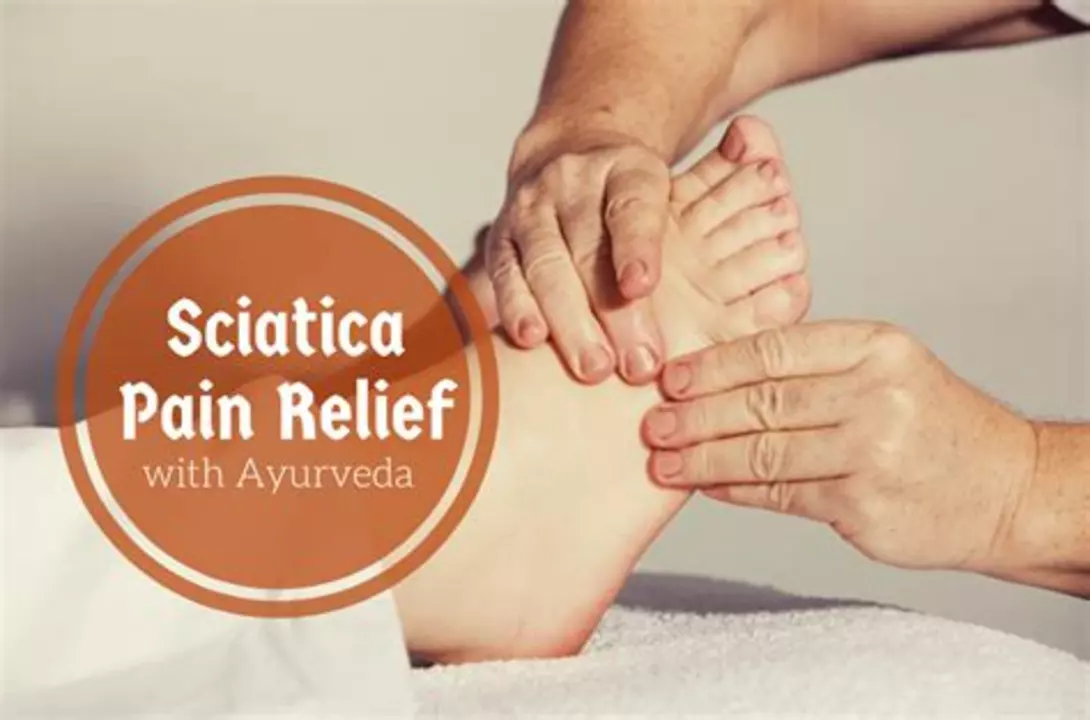Causes: What Triggers Diseases, Symptoms & Side Effects
This tag gathers clear, practical articles that explain why health problems start and what makes them worse. You’ll find pieces that break down root causes — from immune and genetic drivers to lifestyle triggers and medication reactions. If you want straight answers (not medical jargon), this is the place to start.
How to read 'causes' articles
Start by looking for three things: what the author says likely triggered the problem, what evidence or examples back that up, and what practical steps you can try next. Good posts here explain mechanisms simply — for example, how psoriasis can lead to joint inflammation in psoriatic arthritis, or how gallstones and IBS symptoms can overlap and why that matters.
When a post talks about medication causes — like side effects or interactions — note the specific drugs and common warning signs. Our Lexapro and Coumadin articles describe typical reactions and what tests or lifestyle checks to watch. For infections and antibiotics, the ampicillin diary shows real-world symptom changes and what to expect during treatment.
Quick steps to find the root cause
Want to investigate a symptom without getting lost? Try these simple steps: 1) Make a short timeline of when symptoms started and what changed around then (new meds, diet, stress, travel). 2) List medicines and supplements you take; many reactions come from combinations. 3) Check the site posts that match your keywords — for instance, search for "migraine causes" or "gout triggers" to find focused guides. 4) Track symptoms for a week or two in a diary; patterns often reveal triggers.
Use tests and professional input to confirm your ideas. Articles here often recommend specific checks — INR monitoring for warfarin users, thyroid tests when discussing Synthroid alternatives, or imaging and labs for digestive issues. If a post suggests a likely cause, consider discussing it with your doctor before changing treatment.
Examples from our collection: read "Psoriatic Arthritis: What Really Links Psoriasis and Joint Pain?" for immune-driven causes; "Gallstones and IBS" to learn how separate problems can create similar symptoms; and the hemiplegic migraine guide to see neurological triggers and treatment options. There are also practical reads on drug interactions, safe online pharmacies, and alternative treatments when standard options don’t fit.
Quick tips while you browse: focus on actionable advice, ignore sensational claims, and prefer articles that cite tests or real experiences. If something sounds urgent — sudden breathing problems, chest pain, severe bleeding — get medical help right away instead of searching further online.
Use this tag to learn what might be behind your symptoms and to gather clear questions for your clinician. Read smart, track details, and use the right tests to move from guesswork to answers.
Ovulation pain can be quite bothersome for some women, as it occurs when the ovary releases an egg during the menstrual cycle. The most common cause of this discomfort is the stretching of the ovary when the egg is expelled, although other factors may also contribute. Symptoms often include mild to moderate pain on one side of the lower abdomen, which may last for a few hours or even days. Some relief options include over-the-counter pain relievers, applying heat to the affected area, or taking a warm bath. It's important to consult a healthcare professional if the pain becomes severe or doesn't improve, as it could indicate a more serious issue.
As a blogger, I've recently looked into the science behind dry mouth, and I'm amazed by what I've discovered! It turns out that dry mouth (or xerostomia) is caused by various factors, including dehydration, medications, and medical conditions. One of the primary reasons is a decrease in saliva production by our salivary glands. To prevent dry mouth, it's essential to stay hydrated, maintain proper oral hygiene, and consult with a healthcare professional if needed. So next time you experience dry mouth, remember these tips and take action to keep your mouth healthy and comfortable.
As a blogger, I've been researching the connection between Procyclidine and weight gain, and I've discovered some interesting insights. It turns out that this medication, commonly used for treating Parkinson's disease and certain movement disorders, can cause weight gain as a side effect. This is mainly due to its anticholinergic properties, which can lead to increased appetite and water retention. To counteract this issue, I recommend incorporating regular exercise and a balanced diet into your daily routine. Additionally, it's essential to discuss any concerns with your doctor, as they may be able to suggest alternative treatments or adjust your dosage to minimize this side effect.



